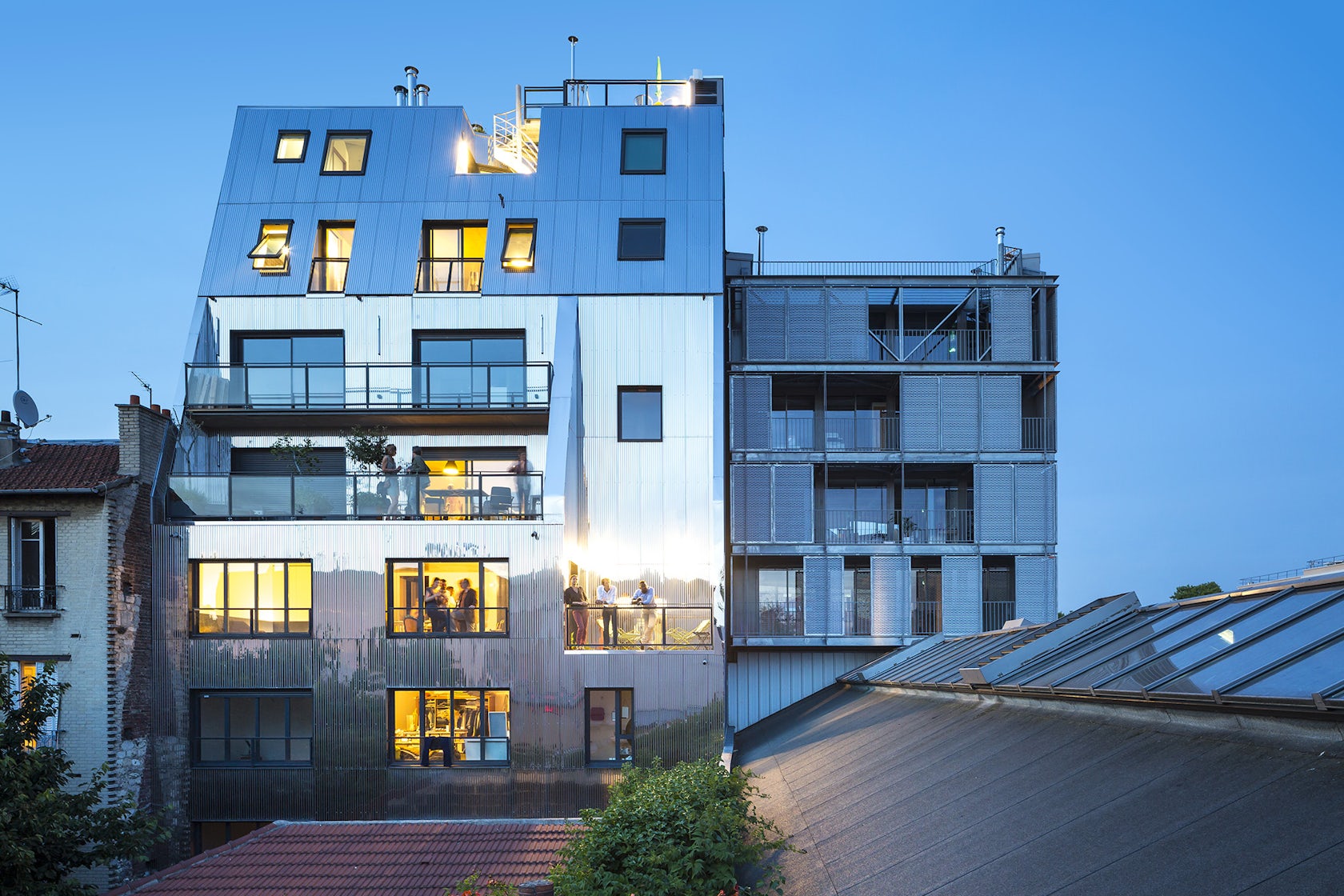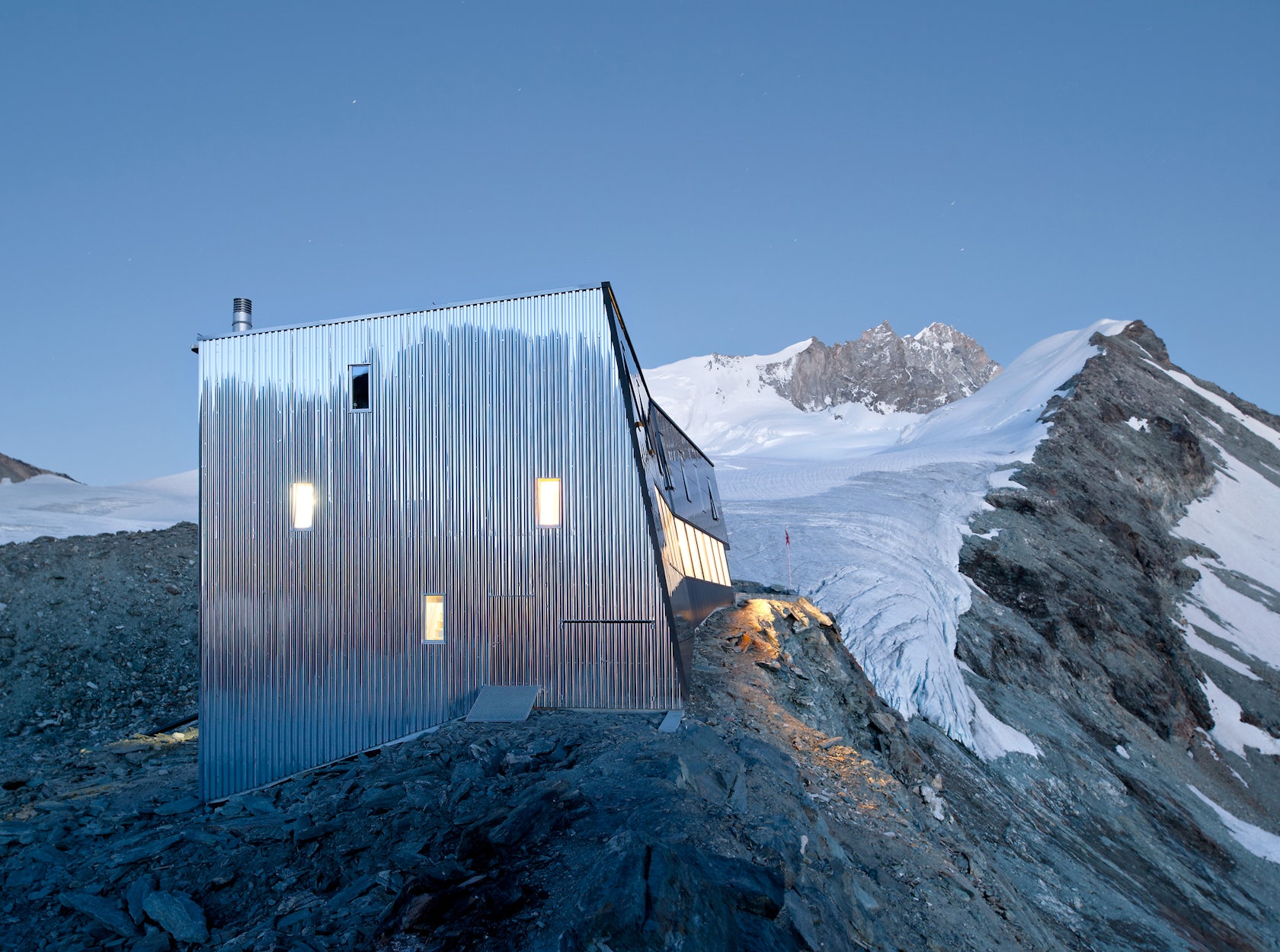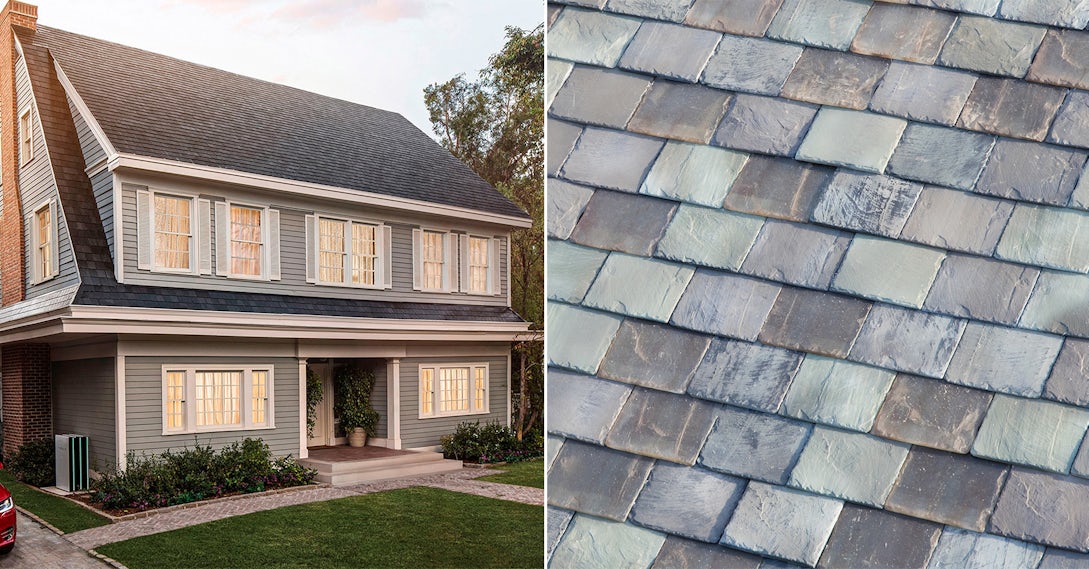Last chance: The 14th Architizer A+Awards celebrates architecture's new era of craft. Apply for publication online and in print by submitting your projects before the Final Entry Deadline on January 30th!
It is no secret that stainless steel is everywhere. But why, you may ask? Luckily for the lustrous alloy, the material hones a unique advantage against some of its other metal competitors. As one of the most sustainable and corrosion-resistant materials for façades, it is somewhat irresistible. Incredibly durable, its smooth and glossy appearance barely changes over the course of several decades. In addition, the material is remarkably kind to the environment. Beyond lasting a lifetime, it is entirely recyclable at the end of its lifecycle and as production processes move swiftly towards a similar goal, the material could offer green realities from cradle to grave.
As a result, it is no surprise that stainless steel remains one of the most frequently used cladding materials throughout contemporary architecture. Thanks to Frank Gehry’s endless sweeping forms, stainless steel’s ubiquity throughout the art deco period and its widespread usage as a contemporary decorative and ornamental material, each and every one of us has feasted our eyes on a luminous stainless steel structure. While the material’s widespread usage may not be new, through strong execution and modern application, the following projects retain a novel beauty. So go ahead and feast your eyes one more time.

© Sergio Grazia

© Sergio Grazia
Familistère dwellingsby archi5, Montreuil, France
Stainless Steel Cladding by Aperam / Uginox
Located in a heterogeneous context with schools, churches, gardens and social housing, archi5 sought to create a signature volume with a strong identity that would unify the area. They decided to create an abstract façade with stainless steel cladding, which possessed the unique capacity to reflect its environment. The dynamic material reflects blurred images of the sky, the surrounding trees and the sun. For this façade, the architects selected several manufacturers including Aperam, an industry catalyst in specialty stainless steel.

© Mark Syke

© Mark Syke

© Ketil Jacobsen
Lillehammer Art Museum and Cinema Expansion by Snøhetta, Lillehammer, Norway
Twenty-two years after completing the first expansion of the Lillehammer Art Museum, Snøhetta expanded the project again. Created by the late Norwegian artist Bård Breivik, the gallery’s striking metal façade creates a never-ending wrapped effect, which reflects the surrounding context in abstracted imagery. The design is conceptually rooted in the sculptural idea of a shooting star and is made from highly polished stainless steel with reliefs measuring approximately 25 cm deep.

© Studio Libeskind

© Studio Libeskind

© Studio Libeskind
18.36.54 by Studio Libeskind, Conn., United States
Steel by The Rimex Metals Group
The name of this home derives from the 18 planes, 36 points and 53 lines of spiraling ribbon that define its living spaces. The striking structure is clad in mirror-finished bronzed stainless steel, which renders a reflective luster that exaggerates any nearby environmental changes. This effect was masterfully achieved in partnership with Rimex Metals, an expert manufacturer of architectural metals. Challenging both traditional and modern notions of a house within the landscape, this bold design avoids sacrificing itself to its natural setting, while still selectively incorporating elements from its surroundings.

© savioz fabrizzi architectes

© savioz fabrizzi architectes
New Mountain Hut at Tracuit by savioz fabrizzi architectes, Zermatt, Switzerland
Right in the heart of the Valerian Alps, the Tracuit Mountain Hut sits along a cliff ridge at an altitude of 10,682 feet. At such extreme altitude, the construction methods were adapted to withstand adverse weather conditions and the means of transport available. Therefore, both the insulation and cladding were prefabricated in a factory and transported by helicopter for on-site assembly. Stainless steel panels protect the roof and outer walls from the harsh natural elements.

© Snøhetta

© Snøhetta
National September 11th Memorial Museum Pavilion by Snøhetta, N.Y., United States
Steel by Zahner
Following the tragic events of September 11, 2001, Snøhetta was commissioned to design the only building that actually sits on the memorial grounds. After eight years in the making, the design will “provide each visitor with the opportunity to engage in the act of remembering and to ponder the consequences of forgetting.” To create the stainless steel façade, Snøhetta partnered with Zahner. Zahner’s steel cladding has been recognized for being the highest quality and most economical stainless steel finish produced worldwide.

© Edgley Design

© Edgley Design
Wrap House by Edgley Design, England, United kingdom
Metal Siding by Aperam and Metal Roofing Panels by VMZINC
Wrap House involved the up-cycling of a 1960s house that was in grave need of repair. The existing building was dysfunctional — hot in the summer and freezing in the winter. In their initial brief, Edgley Design proposed to rebuild the conservatory with a new zinc roof however, after deliberation they expressed to the client that those same funds could be used to reimagine the entire house, with metal cladding applied on the walls rather than the roof. Through wrapping the existing building in stainless steel, Edgley Design executed a much more sustainable design.

© Morphosis Architects

© Morphosis Architects

© Morphosis Architects
Gates Hall by Morphosis Architects
Façade Panel System by enerGfacade
The new Bill & Melinda Gates Hall unifies the faculty and students of Cornell University into a single structure. With a two-story cantilever and dramatic canopy, the westward building face establishes a new visual gateway to the campus. For Gates Hall’s creation, advanced digital modeling tools were used to imagine a double skin of undulating, perforated stainless steel panels.
This article was developed on an earlier article written by Eric Baldwin
Last chance: The 14th Architizer A+Awards celebrates architecture's new era of craft. Apply for publication online and in print by submitting your projects before the Final Entry Deadline on January 30th!




